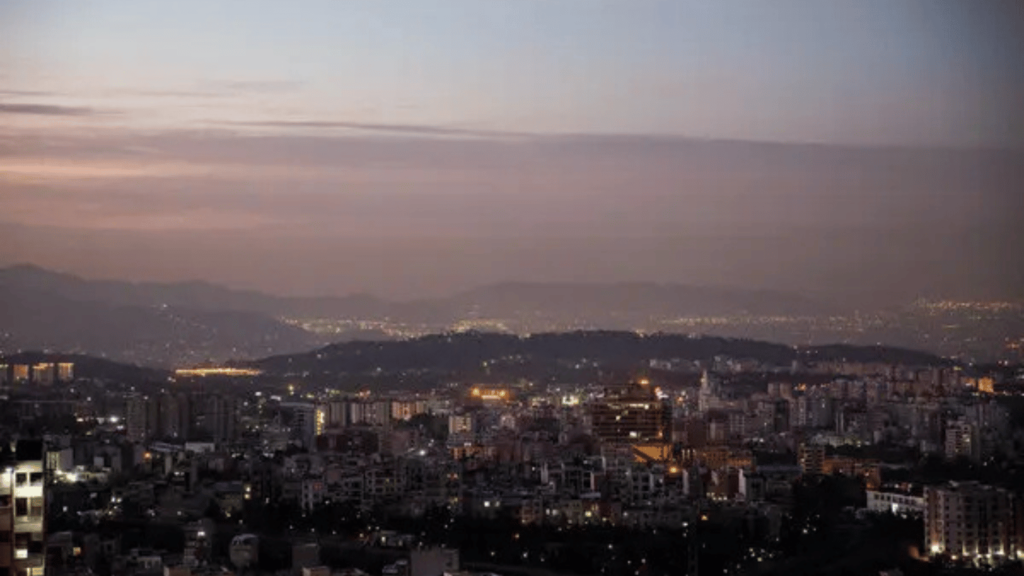
Israel-Iran Conflict Intensifies: What We Know So Far : Israel recently launched a series of “precise and targeted” airstrikes on Iran in response to Tehran’s recent missile attacks on Israel. This action is part of a series of escalating exchanges that have heightened regional tensions and sparked concerns of a broader conflict.
Iran reported two soldiers killed in the strikes, which targeted military sites. However, initial assessments suggest that the scale of Israel’s attacks was more limited than anticipated. This event marks the latest development in a complex and dangerous standoff, where each side’s actions are intensifying fears of an all-out regional war.
These strikes underscore the fragile security dynamics in the region, with both nations engaged in a prolonged, tense exchange.
Israel Strikes Iran: What Happened and Why It Matters
Shortly after 2:00 a.m. local time, explosions were reported in Tehran, with videos showing projectiles over the city and residents hearing loud booms. By 2:30, Israel’s Defense Forces (IDF) confirmed it was conducting targeted airstrikes on military sites in Iran. Israeli leaders Prime Minister Benjamin Netanyahu and Defense Minister Yoav Gallant oversaw the operation from Tel Aviv’s command center.
At around 6:00 a.m., the IDF announced the conclusion of the strikes. The White House described Israel’s actions as self-defense, with senior officials stating that the U.S. had collaborated with Israel to ensure a controlled and proportionate response.
Israel-Iran Conflict Escalates: Military Sites Targeted, Damage Assessed
Israel-Iran Conflict Escalates: The scale of Israel’s attacks and damage in Iran remains unclear. The IDF reported targeting missile factories, air defense systems, and other military sites. Iran’s military confirmed two soldiers died “while battling projectiles.” Iranian officials said sites in Tehran, Khuzestan, and Ilam were hit, with some limited damage despite air defenses intercepting attacks.
A senior U.S. official confirmed the strikes avoided Iranian oil and nuclear sites, per President Biden’s guidance. Syrian state media also reported strikes on military targets in Syria, though Israel hasn’t confirmed involvement.
Iran supports several Middle Eastern groups that oppose Israel, including Hamas and Hezbollah, with whom Israel is now at war.
In April, Iran launched its first direct attack on Israel with 300 missiles and drones in response to an Israeli strike on an Iranian embassy site in Syria, killing senior IRGC commanders. Israel then struck an Iranian missile defense system in Isfahan.
In July, Israel killed a top Hezbollah commander in Beirut, followed by an explosion in Tehran that killed Hamas leader Ismail Haniyeh, which Iran blamed on Israel. Later, in September, Israel assassinated Hezbollah leader Hassan Nasrallah in Beirut and Iranian Brigadier-General Abbas Nilforoushan.
On October 1, Iran launched 200 ballistic missiles at Israel in response to these killings.

Israel-Iran Conflict: Limited Response and Calls for De-escalation
Early signs suggest Israel’s attack may have been less severe than expected. Axios reported that Israel warned Iran about parts of the attack beforehand, likely to avoid escalation. The IDF stated that Israel is focused on its objectives in Gaza and Lebanon, while blaming Iran for seeking a regional conflict.
A senior U.S. official expressed hope this would end the direct fire exchange. So far, Iran’s response has been limited, though a source close to Iran’s IRGC warned that Israel would receive a “proportionate response” for any aggression.
UK Prime Minister Sir Keir Starmer stated that Israel has the right to defend itself but called for all sides to show restraint and urged Iran not to retaliate.
Sean Savett, a spokesman for the U.S. National Security Council, noted that Israel’s strikes targeted military sites and avoided populated areas, unlike Iran’s earlier attack on Israel’s largest city. He emphasized that Washington aims to promote diplomacy and reduce tensions in the Middle East.
Saudi Arabia condemned the attack, warning against actions that threaten regional security. Egypt’s foreign ministry expressed grave concern over the strikes. Hamas labeled the attacks as a serious violation of Iranian sovereignty and an escalation that threatens regional safety.



